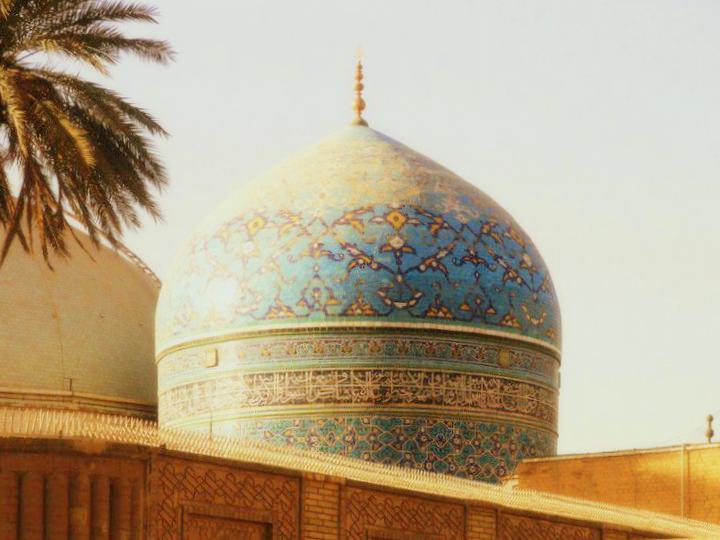Astarabadi, Fazlallah, 1340-1394
Enlarge text Shrink text- Fazlallah Astarabadi and the Hurufis, c2005:t.p. (Fazlallah Astarabadi) p. 4 of cover (14th century Islamic religious leader; his execution in 1394) p. 1 (birth name ʻAbd al-Rahman, better known as Abu l-Fazl Astarabadi, or as Sayyid Fazlallah; historians state executed Islamic year 804 (1401-2 CE); execution actually took place in 1394) p. 2 (born in Astarabad in 1340)
- OCLC, July 27, 2005(hdg.: Astarabadi, Fazl Allah, 15th cent.)
- Dilfānī, S. ʻĀlī Qalandar va Shāh Faz̤l Valī, 2005:t.p. (شاه فضل ولى = Shāh Faz̤l Valī) t.p. verso (Iranian CIP data: Faz̤l Allāh Ḥurūfī; 740-796? HQ [1339 or 40-1393 or 4]) TOC (Shāh Faz̤l Valī (Faz̤l Allāh Naʻīmī Astarʹābādī)
Fażlu l-Lāh Astar-Ābādī (Persian: فضلالله استرآبادی, 1339/40 in Astarābād – 1394 in Nakhchivan), also known as Fażlullāh Tabrīzī Astarābādī by a pseudonym al-Ḥurūfī and a pen name Nāimī, was an Iranian mystic who founded the Ḥurūfī movement. The basic belief of the Ḥurūfiyyah was that the God was incarnated in the body of Fażlullāh and that he would appear as Mahdī when the Last Day was near in order to save Muslims, Christians and Jews. His followers first came from the village of Toqchi near Isfahan and from there, the fame of his small community spread throughout Khorasan, Iraq, Azerbaijan and Shirvan. The center of Fażlullāh Nāimī's influence was Baku and most of his followers came from Shirvan. Among his followers was the famous Ḥurūfī poet Seyyed Imadaddin Nasimi, one of the greatest Turkic mystical poets of the late 14th and early 15th centuries.
Read more on Wikipedia >
 Personality
Personality


